
by Kim Andersen, President World Sailing 8 Sep 23:12 PDT
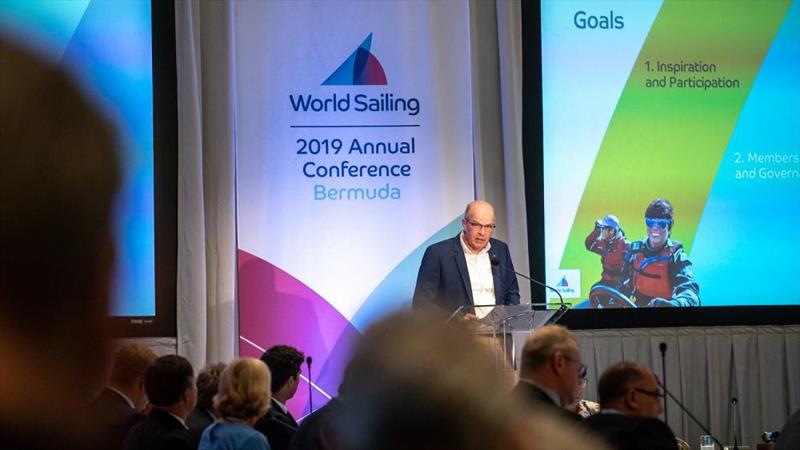 World Sailing President, Kim Andersen © Tom Roberts / World Sailing
World Sailing President, Kim Andersen © Tom Roberts / World SailingAugust is “normally” a month of high activity, with sailing events and championships around the world. Following a global lockdown due to the COVID-19 pandemic, it is enlightening to see that the level of activity is increasing, not only locally but also regionally, cross-border and continentally.
The main challenge is the constant shift in travel restrictions linked to the legislation in each individual country, making it difficult to navigate when planning participation in an event. But for sure, the learning curve regarding COVID-19 is steep, so with some patience and adaptability we will get back to the “new normal.”
World Sailing has had to adapt to new global challenges and preparations for the Annual Conference and the Tokyo 2020 Olympic Games is keeping the team busy. Although the global sailing activity has not fully returned, the World Sailing team is focused on building back up to capacity in the coming months.
World Sailing Financial Status
Given the impact of COVID-19 on our sport, the World Sailing Board made it clear during our regular Townhall meetings that a follow-up on the financial situation would be given to Council. This has now been completed, as the Executive has presented a financial report to Council for the first six months of 2020.
The COVID-19 outbreak and subsequent lockdown, resulting in the postponement of Tokyo 2020 and deferral of the Olympic receipts, has had a major impact on World Sailing’s finances. With this being a main source of income, it presented cashflow challenges for management with an urgent need to procure interim funding to take us through to the rescheduled Games in July 2021. As reported previously, the IOC has granted an interest-free loan to World Sailing. In addition to the procurement of external funding, the management has focused on preserving income and reducing expenses with significant success.
All scheduled events from March 2020 onwards have been cancelled due to COVID-19. The management has worked closely with customers and sponsors to limit the impact of the pandemic on World Sailing’s income. Furthermore, as a result of the lockdown and reduction in operational activities, the company has furloughed most of the staff and claimed governments grants, with senior staff taking a 20% pay cut from May 2020.
With the efforts made, the support from sponsors and contribution from the organisation, our current forecast, compared to the last forecast presented to Council in October 2019, shows a positive variance of £1.1m for 2020 (excluding Olympic receipts), of which £652K was achieved by June 2020. We all know that the uncertainties and challenges presented by the COVID-19 outbreak will be ongoing, but the organisation has demonstrated the ability to manage and adapt to the crises at hand.
World Sailing Annual Conference 2020
Conducting a virtual Conference this year is going to be a massive task. All regulations and our fundamental structures are built on in-person and face-to-face dialog, information and discussions – it’s our culture!
The Badminton World Federation was one of the first Summer IFs to host a virtual General Assembly in mid-July, while 15 international bodies, including IOC and ASOIF, are also planning and hosting virtual annual and general congress meetings, so there are some examples to be drawn upon.
At World Sailing’s annual congress we have 30 meetings over the 11 days, which now have to be done virtually. The task of passing on the decisions and recommendations from the meetings simultaneously in order is also creating major challenges.
There will be a lot to consider when operating in the virtual environment, but there are a lot of good lessons to be learned from other federations having held their first virtual conferences:
- Orientation to the technology: Not everyone is confident with technology. Testing is important, and web seminars before meetings could help people become acquainted and comfortable with the new format of meetings.
- Timings/Length: How many time zones need to be taken into consideration? How long will the meetings be planned for? How will interventions from the floor be managed and how can the technology support that?
- Agenda/Material: Indicate clearly on the agenda proposals where voting is required. If necessary provide additional info: clarifications, amendments, etc.
- Constitutional requirements: Ensuring that all elements of the requirements of the constitutions and regulations are covered.
- Individual responsibility: To prepare for the meeting, individuals should ensure that they can access all the material on reports/proposals, and be responsible for their own device and internet connectivity on the day of the meeting (this is one of the terms & conditions when they first log into the platform).
Meeting with IOC and ASOIF
During the past month, we met with the IOC Sports Department to prepare additional information for the events for Paris 2024. The Paris 2024 organisers and OBS joined the session, discussing how to showcase Sailing in Marseille the best possible way. It was also an opportunity for us to introduce David Graham to the IOC.
We also had the pleasure of catching up with ASOIF, meeting with CEO Andrew Ryan, for introduction and discussions regarding the impacts and lessons from the COVID-10 crisis, as well as what we have learned from conducting conferences virtually. We also touched on the pandemic effect and the findings and recommendations from the latest ASOIF report, “ASOIF – Future of Global Sports,” which can be found here.
Activities around the world
We saw the return of top-level competition in August with high-calibre events in the iQFoil, Finn and kiteboarding.
The iQFoil held their first European Championships in Silvaplana, Switzerland. The Foiling Windsurfer will feature at Paris 2024 and it was pleasing to see 136 sailors racing across a variety of formats. The racing was streamed online and was fantastic. Speed, tactics and close racing ensured the competition was a great success and shows us that the discipline has an exciting future. Kiran Badloe (NED) and Hélène Noesmoen (FRA) took the inaugural titles.
It’s been a busy period for the Finn class after the hosting of the Finn Silver Cup and the European Championships. Gdynia, Poland hosted 70 sailors for the Finn Europeans and I congratulate Zsombor Berecz who became the first Hungarian to claim the title.
Puck, Poland also hosted an enthralling Formula Kite Individual European Championships. A third of the women’s fleet were all under 19, demonstrating the discipline’s appeal to a new generation of sailors, and at just 15 years old, Julia Damasiewicz took the women’s title. Axel Mazella of France has long tasted success in the men’s kiteboarding and continued with another title to his name.
In the toughest of circumstances, I congratulate all of the sailors who have participated in these events and others around the world.
eSailing
Throughout the COVID-19 pandemic, eSailing and Virtual Regatta Inshore became every sailor’s go-to game with thousands participating on a daily basis.
This year we have launched 13 eSailing National Championships (with further nations to be announced), had record numbers of participants and announced an exciting new eSailing Nations Cup.
eSailing is the perfect platform for us to engage with existing sailors and to bring new ones into the community and I am delighted with the success we have had so far.
As the 2020 eSailing season reaches its climax, we will see the Final for both the World Championship and Nations Cup on 7 November.
Please feel free to reach out to me either via , www.facebook.com/KimAndersenSailing, or twitter.com/KimAndersen. As always, I am happy to hear from you.

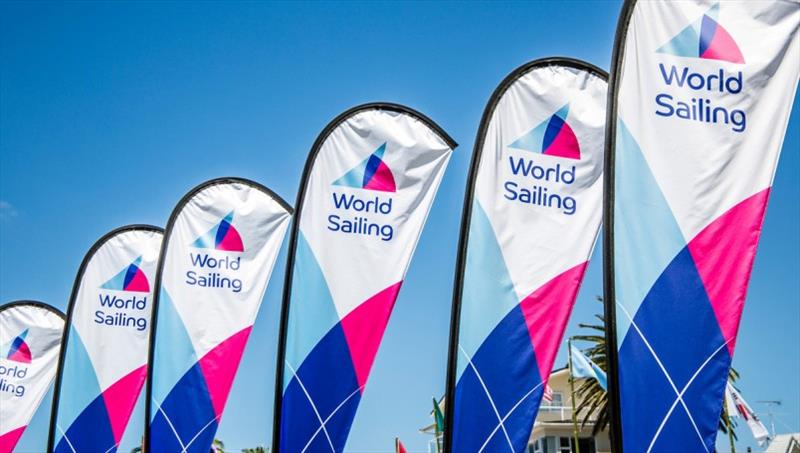
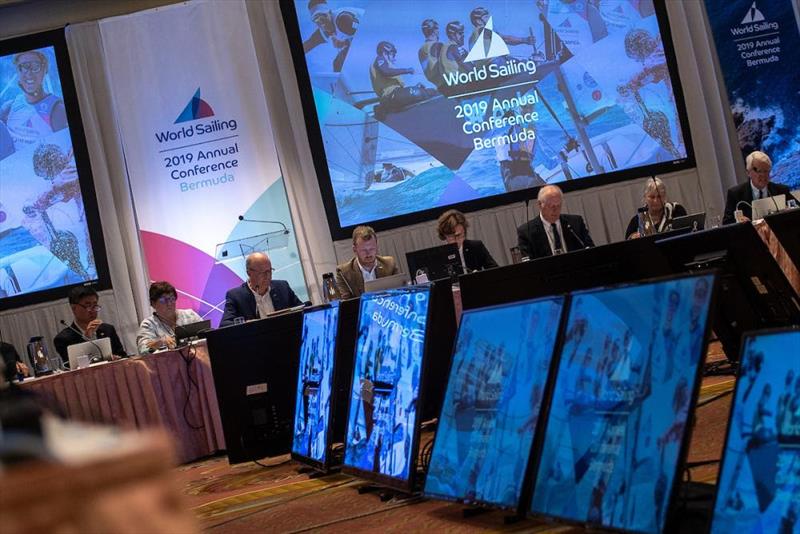
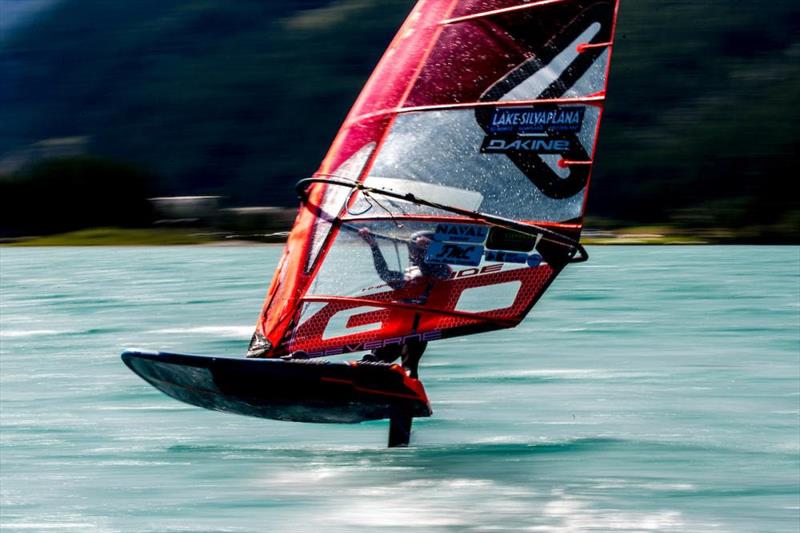
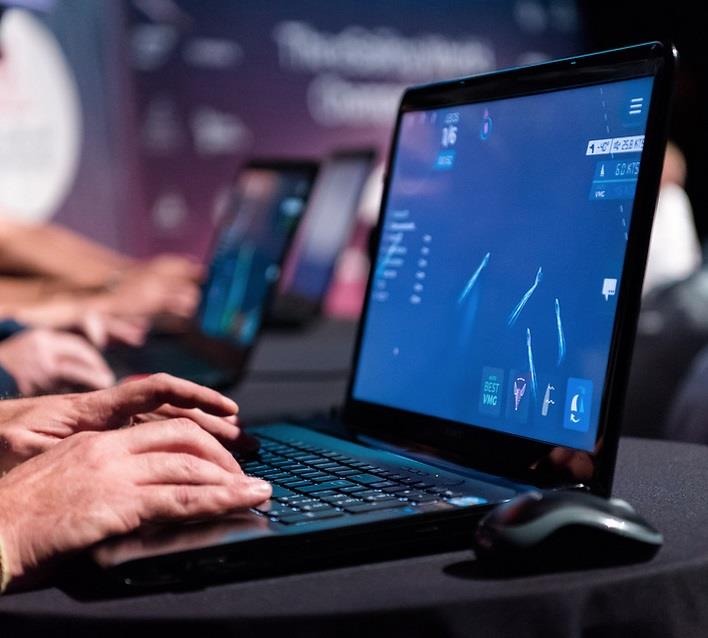

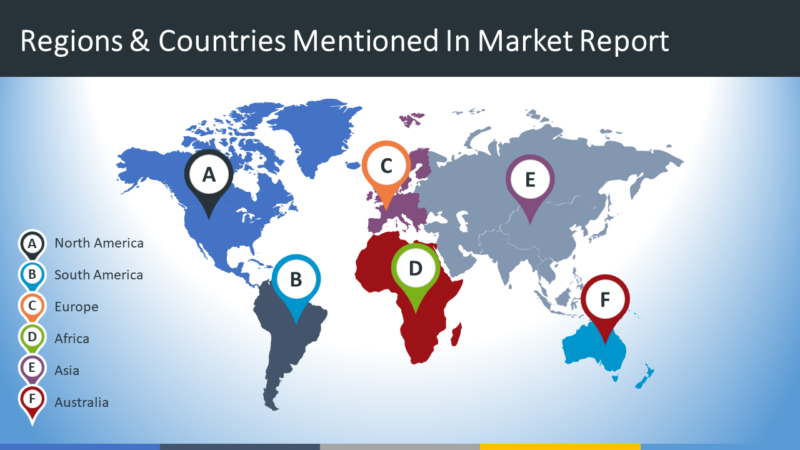

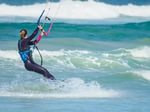
Recent Comments